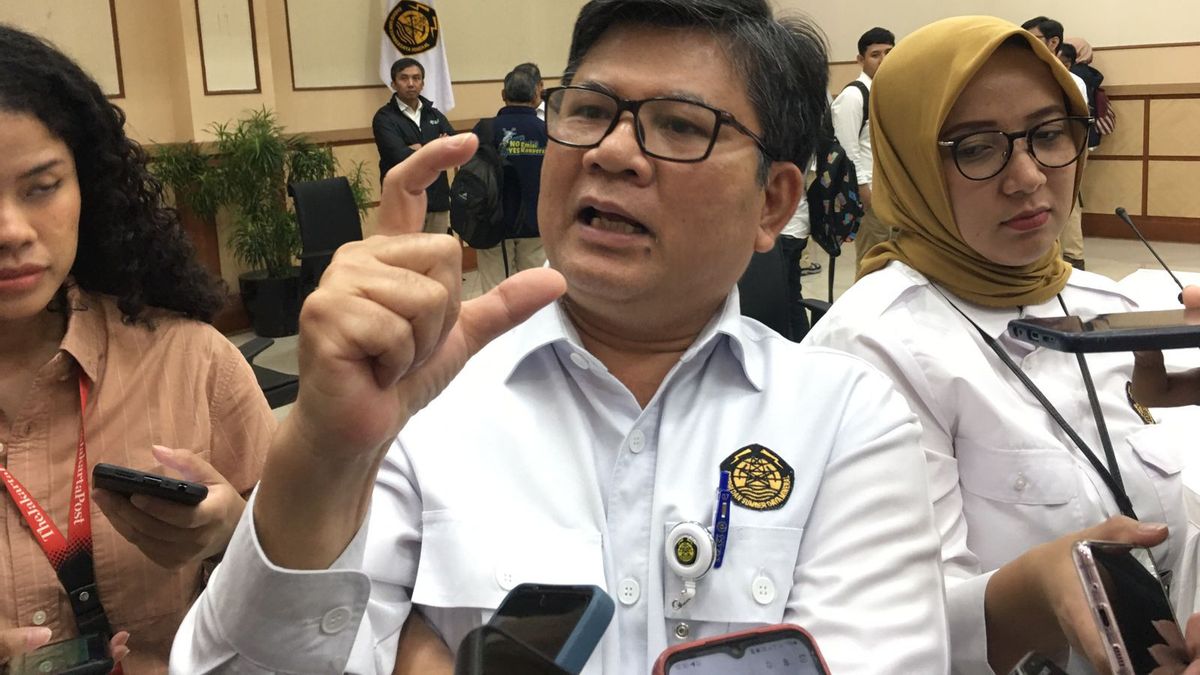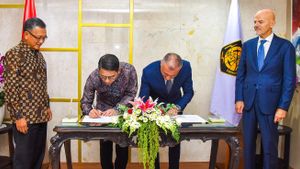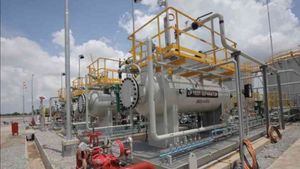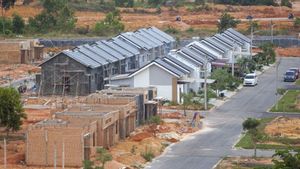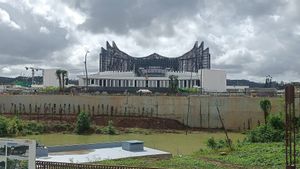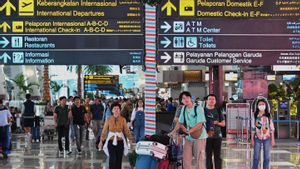JAKARTA - Acting Director General of New Renewable Energy and Energy Conservation (EBTKE) Jisman Hutajulu conveyed a number of challenges faced by the bioenergy sector.
Jisman said complex challenges often require an integrated approach and an innovative and sustainable solution to overcome these obstacles.
He detailed, in terms of sustainability, bioenergy still stumbled on the challenges of feedstock or raw materials.
"Certaining the availability of sustainable bioenergy resources and not competing with food production, animal feed, industrial raw materials and fertilizers is a significant challenge," said Jisman in his remarks at the Seminar on Bioenergy Challenges organized by Aprobi, Tuesday, February 27.
Jisman continued, bioenergy also faces the challenge of land constraints to be planted with cropping energy, with natural conservation issues.
Then from an economic perspective, he continued, the bioenergy industry faces the challenges of bioenergy production which is often higher than fossil fuels, limited incentives that can be provided by the government, limited infrastructure and distribution networks needed to generate, store and distribute bioenergy such as biomass processing plants, biogas plans or network limitations to absorb electricity or gas distribution from bioenergy sources.
"Not all people receive bioenergy well because there are concerns about environmental impacts such as land that has the potential to damage the ecosystem, affect biodiversity and sustainability problems," continued Jisman.
He continued, these challenges do not always come from within the country but also global markets such as the European Union which in various ways discriminate against Indonesian biofuels, among others, through negative chaotic renewable energy (RED).
"Second, allegations of anti dumping or imposition of additional import duties on bioenergy products, especially palm oil and the latest is the application of EU Deforestation Regulation," said Jisman.
SEE ALSO:
With these challenges, he said, it has reduced Indonesia's biodiesel exports by 70 percent.
Furthermore, Jisman emphasized that to overcome these challenges, an integrated approach is needed that involves various parties including industry, academics and non-governmental organizations.
At the same time, continued Jisman, Indonesia also needs to explore opportunities and potential that have not been fully exploited in the bioenergy industry, technological innovation and market development.
"Strategic partnerships, massive investments in the context of conducive policies are several areas where we can see great potential for the growth and development of the bioenergy industry in the future," concluded Jisman.
The English, Chinese, Japanese, Arabic, and French versions are automatically generated by the AI. So there may still be inaccuracies in translating, please always see Indonesian as our main language. (system supported by DigitalSiber.id)
